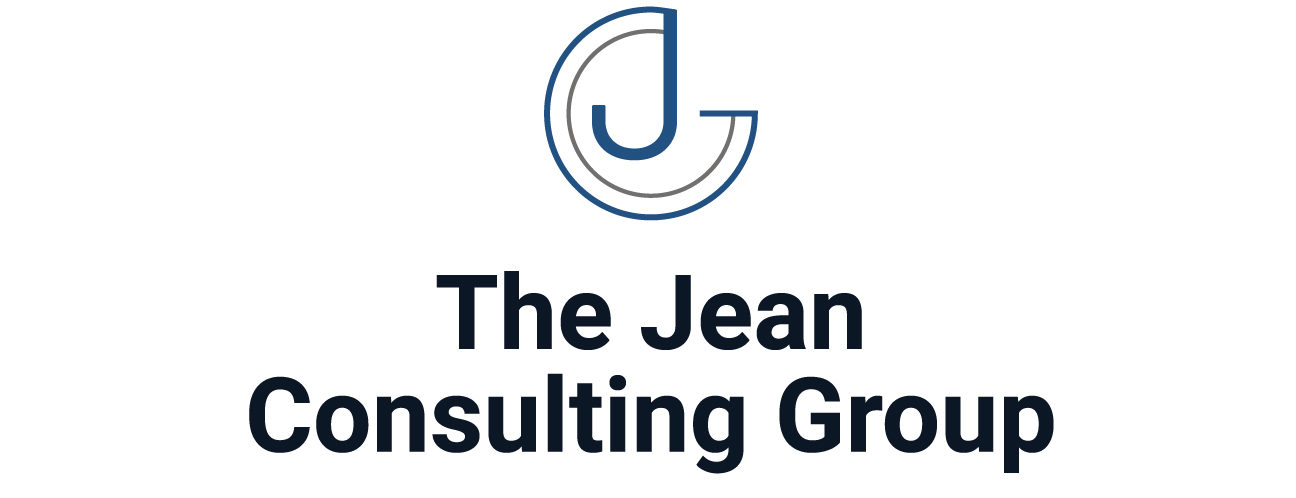Corporate policy development plays a crucial role in shaping the culture, operations, and governance of organizations. Policies serve as guidelines for employees, outlining acceptable behavior, procedures, and expectations within the workplace. Developing effective corporate policies requires careful consideration of organizational values, regulatory requirements, and industry best practices. This article provides insights into the process of corporate policy development, highlighting key considerations, best practices, and strategies for creating policies that align with organizational objectives and foster a positive work environment.
Understanding Corporate Policy Development
Corporate policies are formal statements that govern various aspects of organizational operations, including employee conduct, workplace practices, compliance requirements, and strategic initiatives. These policies serve several purposes, such as:
- Setting Expectations: Policies establish clear expectations for employees regarding acceptable behavior, performance standards, and adherence to company values.
- Ensuring Compliance: Policies help ensure compliance with legal regulations, industry standards, and ethical guidelines, mitigating risks and liabilities for the organization.
- Promoting Consistency: Policies promote consistency and fairness in decision-making and actions across different departments and levels of the organization.
- Protecting Reputation: Well-developed policies protect the organization’s reputation by demonstrating its commitment to integrity, transparency, and accountability.
Key Steps in Corporate Policy Development
Effective corporate policy development involves the following key steps:
- Identify Needs and Objectives: Determine the need for new policies or updates to existing ones based on changes in the business environment, regulatory requirements, or organizational goals.
- Research and Analysis: Conduct thorough research and analysis to understand industry best practices, legal requirements, and potential implications of proposed policies.
- Stakeholder Engagement: Involve key stakeholders, including employees, managers, legal advisors, and regulatory experts, in the policy development process to gather input, address concerns, and ensure buy-in.
- Drafting Policies: Draft clear, concise, and comprehensive policy documents that outline purpose, scope, responsibilities, procedures, and enforcement mechanisms.
- Review and Revision: Review draft policies with stakeholders to solicit feedback, clarify language, address ambiguities, and ensure alignment with organizational objectives and values.
- Approval and Implementation: Obtain approval from senior management or the board of directors before formally implementing new policies, ensuring adequate communication and training for employees.
- Monitoring and Evaluation: Establish mechanisms for monitoring compliance with policies, collecting feedback from employees, and evaluating the effectiveness of policies over time.
Best Practices in Corporate Policy Development
To ensure the effectiveness and relevance of corporate policies, organizations should adhere to the following best practices:
- Alignment with Organizational Goals: Policies should align with the organization’s mission, values, and strategic objectives, supporting efforts to achieve desired outcomes.
- Clarity and Accessibility: Policies should be written in clear, jargon-free language that is easily understandable by all employees, with accessible formats and channels for dissemination.
- Consistency and Fairness: Policies should be consistently applied across the organization, treating all employees fairly and equitably regardless of position or status.
- Flexibility and Adaptability: Policies should allow for flexibility to accommodate changes in the business environment, technological advancements, or evolving regulatory requirements.
- Regular Review and Update: Policies should be periodically reviewed and updated to reflect changes in internal or external factors, ensuring continued relevance and effectiveness.
- Training and Communication: Employees should receive adequate training and communication regarding new or updated policies, including explanations of purpose, procedures, and implications for their roles.
Conclusion
Corporate policy development is a critical process that shapes the culture, operations, and reputation of organizations. By following best practices and engaging stakeholders throughout the policy development lifecycle, organizations can create policies that promote integrity, compliance, and organizational success. Effective policies provide clear guidelines, set expectations, and foster a positive work environment where employees can thrive and contribute to the achievement of organizational goals. As organizations continue to evolve in response to changing circumstances, ongoing review and refinement of corporate policies remain essential to ensuring their continued relevance and effectiveness in guiding organizational behavior and decision-making.



